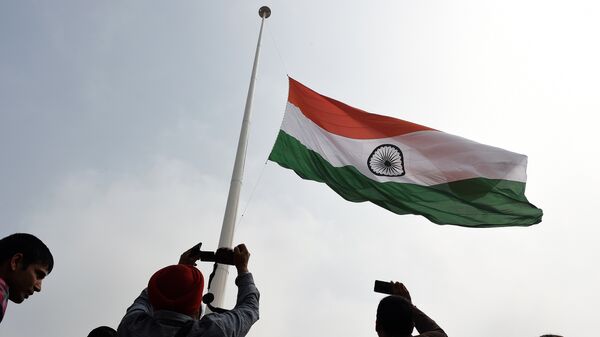Data from India's Ministry of External Affairs shows that aid and loans to neighboring countries have decreased by, in some cases, as much as 100%. The biggest fall in contribution as aid and loan has been that to Maldives. According to statistics, India's contribution to Maldives as aid, loans and advances was $27.54 million in the 2015-16 financial year, falling to $6.02 million for the 2016-17 financial year.
The Ministry of External Affairs attributes this to the fluid political situation in Maldives and a lack of clarity on specific investment opportunities. In 2011, India had promised to provide aid of up to $75 million to Maldives, but could not disburse the amount due to the stated reasons.
On average India's annual aid to Nepal was $60.21 million, however, in the current financial year, only $45.16 million has been earmarked in India's budget as aid to the country. Aid to Bangladesh has been reduced to $22.58 million for the 2016-17 financial year, from $37.64 million in the 2015-16 financial year. This is also the case with Afghanistan (from $102.8 million to $78.2 million), Sri Lanka (from $75.2 million to $34.6 million).
Most alarming for India is that it has so far failed to bag any major future development projects in these countries.
Prof. B.R. Dipak, at the Centre for Chinese and South East Asian Studies, Jawaharlal Nehru University, New Delhi believes that despite the Indian government's policy of 'neighbors first,' India's weak domestic drivers are restraining its foreign policy in terms of development works.
"The problem is that our domestic drivers are not strong enough at this point of time. And also that our capabilities (are not strong) to take up mega projects, for example we want to build harbors in Sri Lanka and Maldives. And another thing is that we also do not have the capital. Not like China which has earmarked $40 billion for aid. If they want to abberate or cooperate for have these projects in these countries, they can do it easily as they have the capital, experience and expertise, which I think, we lack at this point of time."
Applying his argument to the latest strain in relationships between India and Nepal, Prof. Deepak said, "There are various other undercurrents in these countries…Nepal has been swinging between China and India. It can take advantage of that situation. Our policy has not been consistent. If we antagonize neighbors, China would be willing to play a greater role. This is not a new thing. It has been there for decades; since our relations started deteriorating with China. In this front, we really need to be sensitive and magnanimous towards our neighbors."




